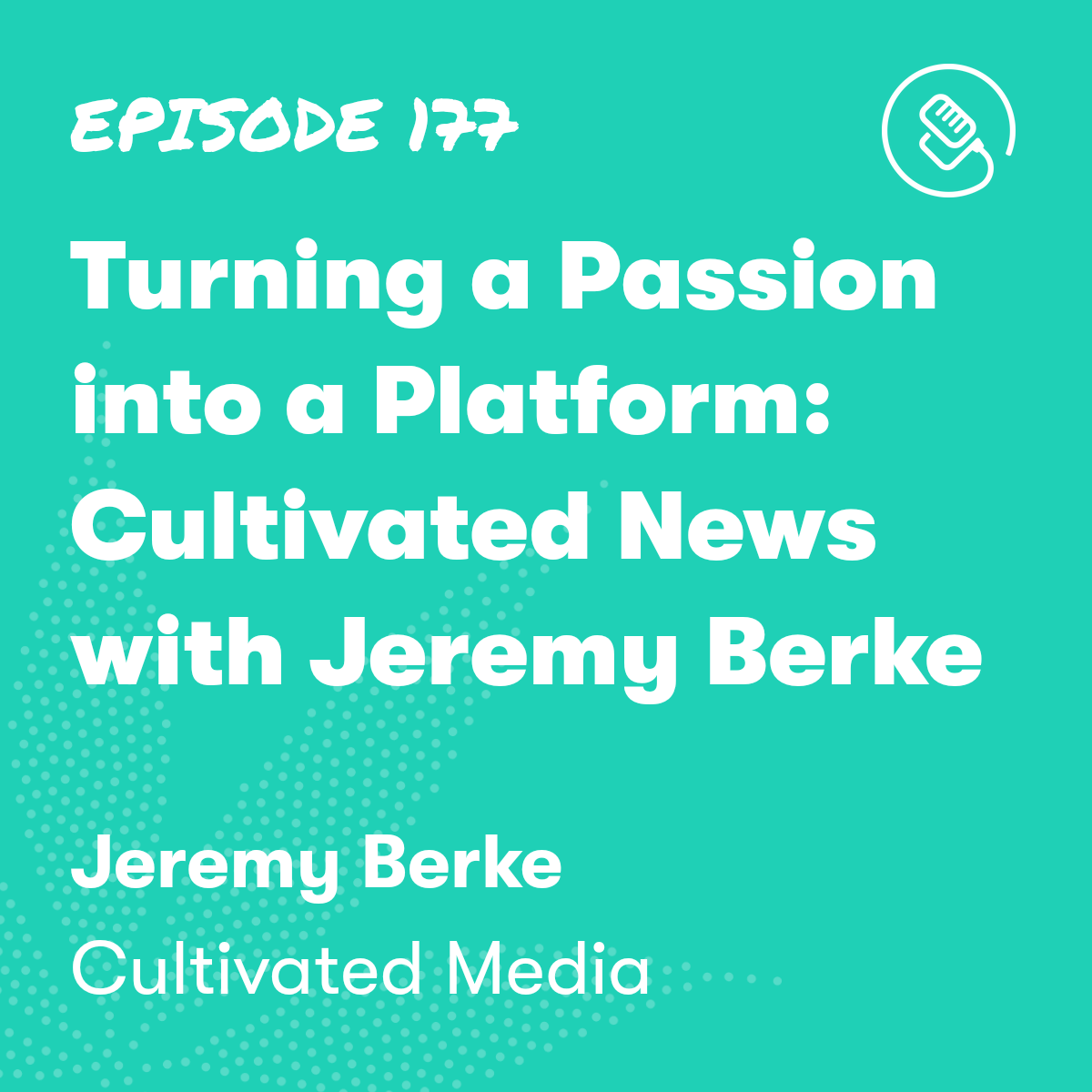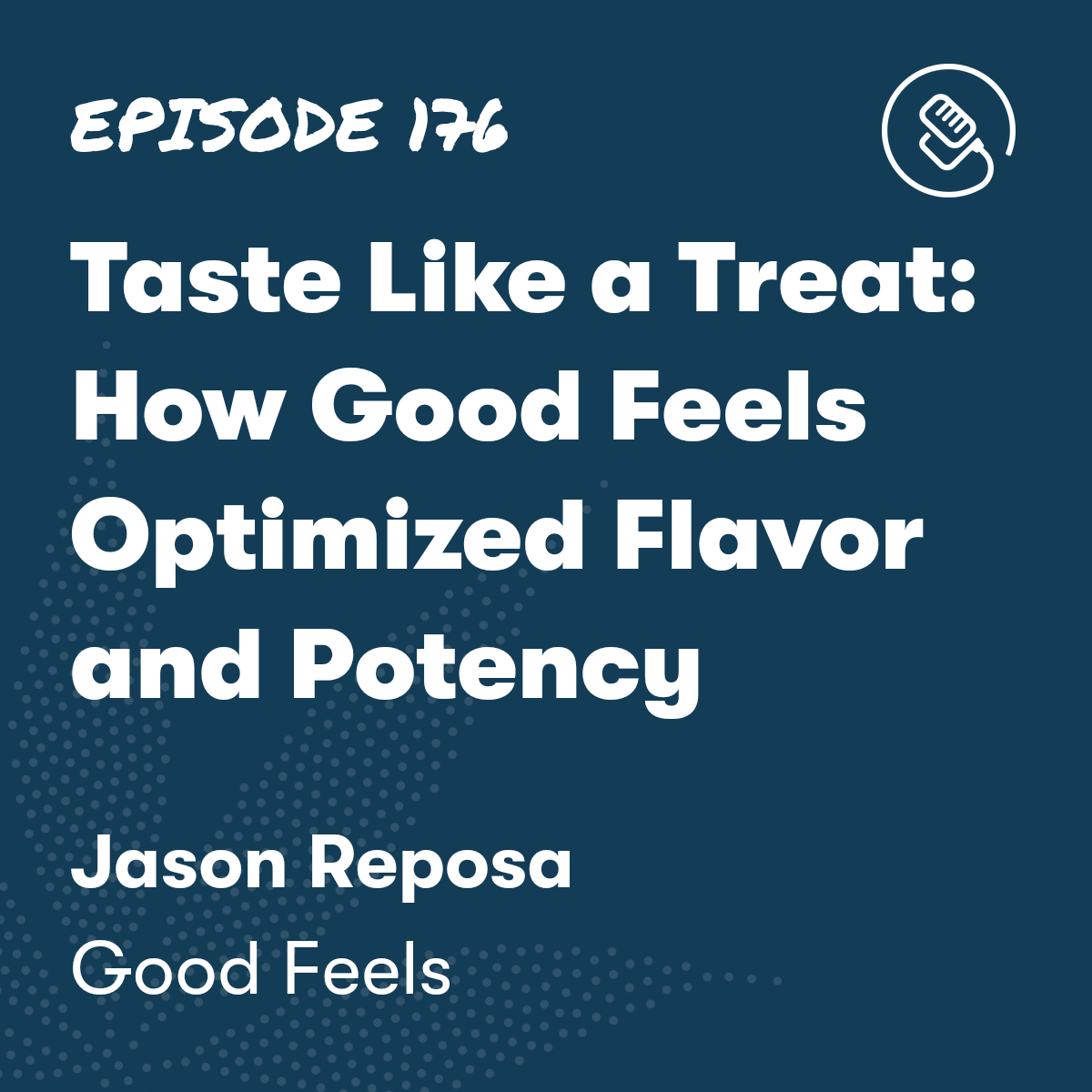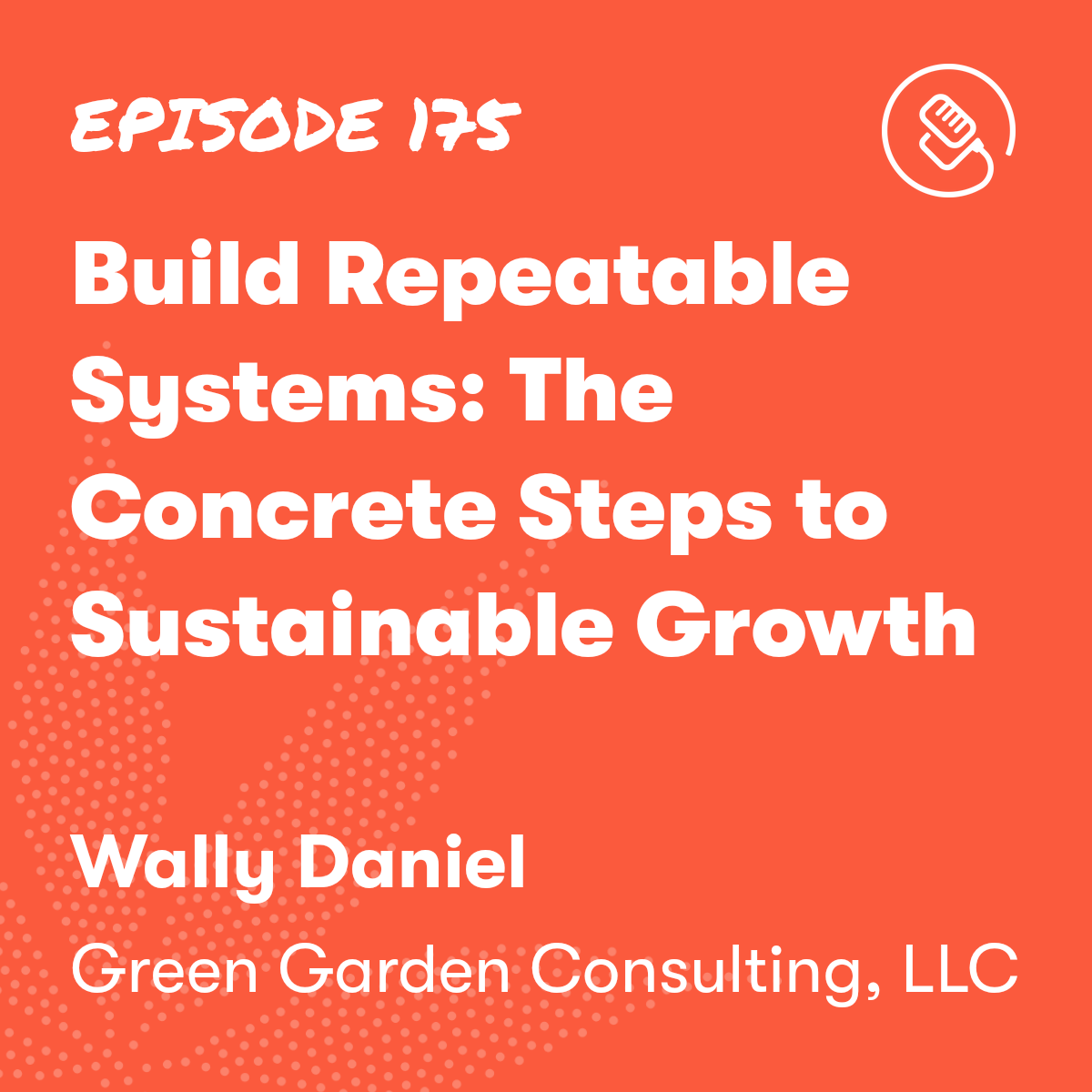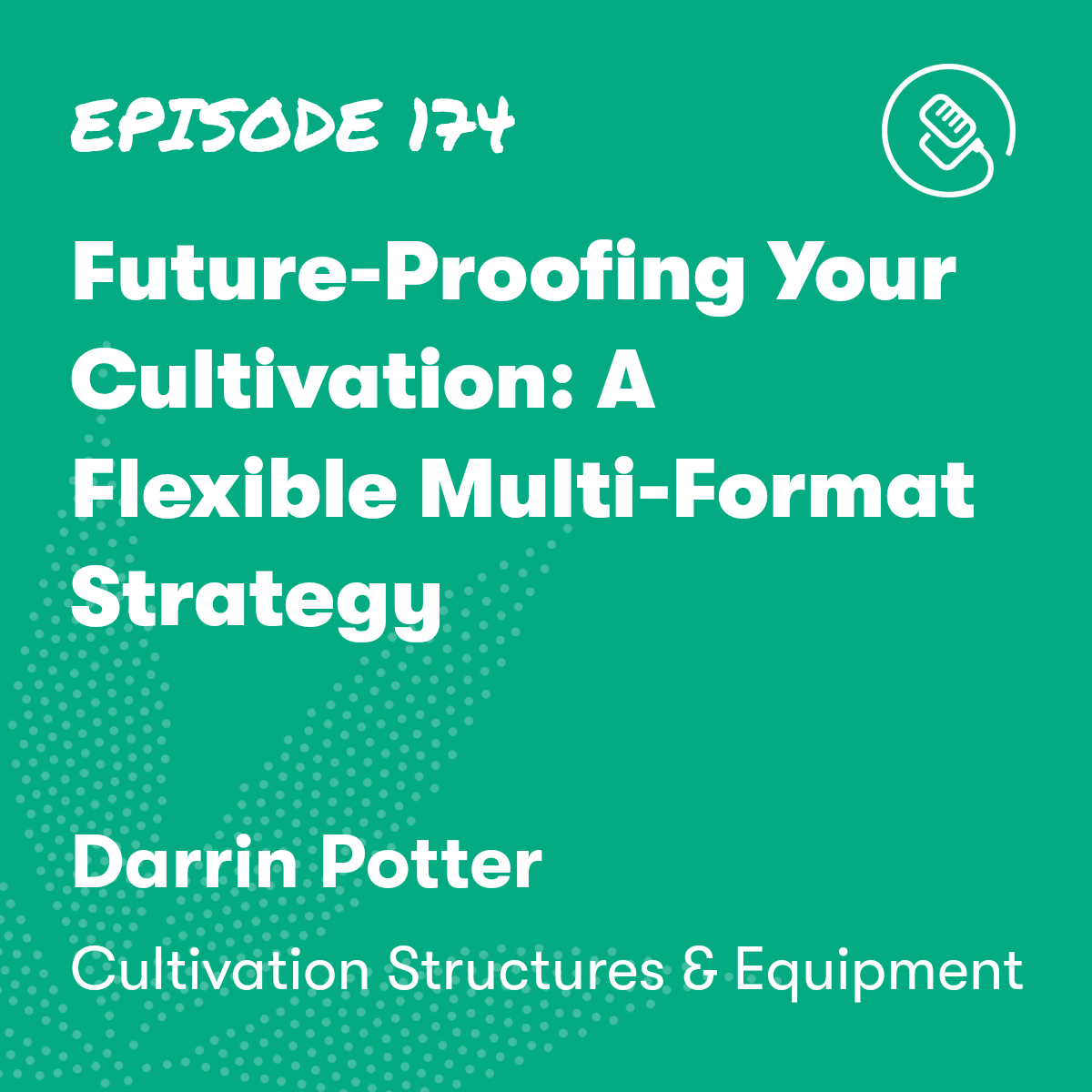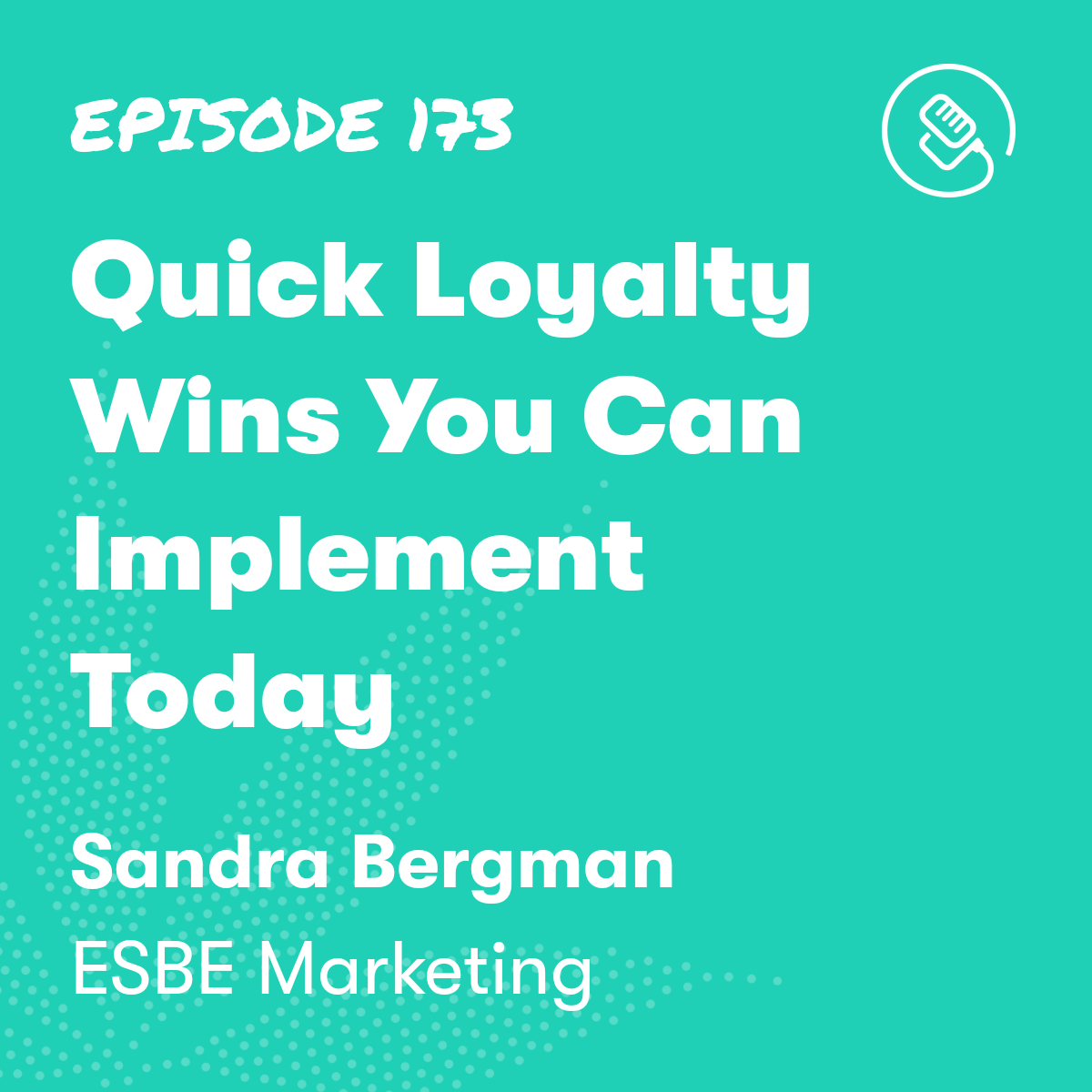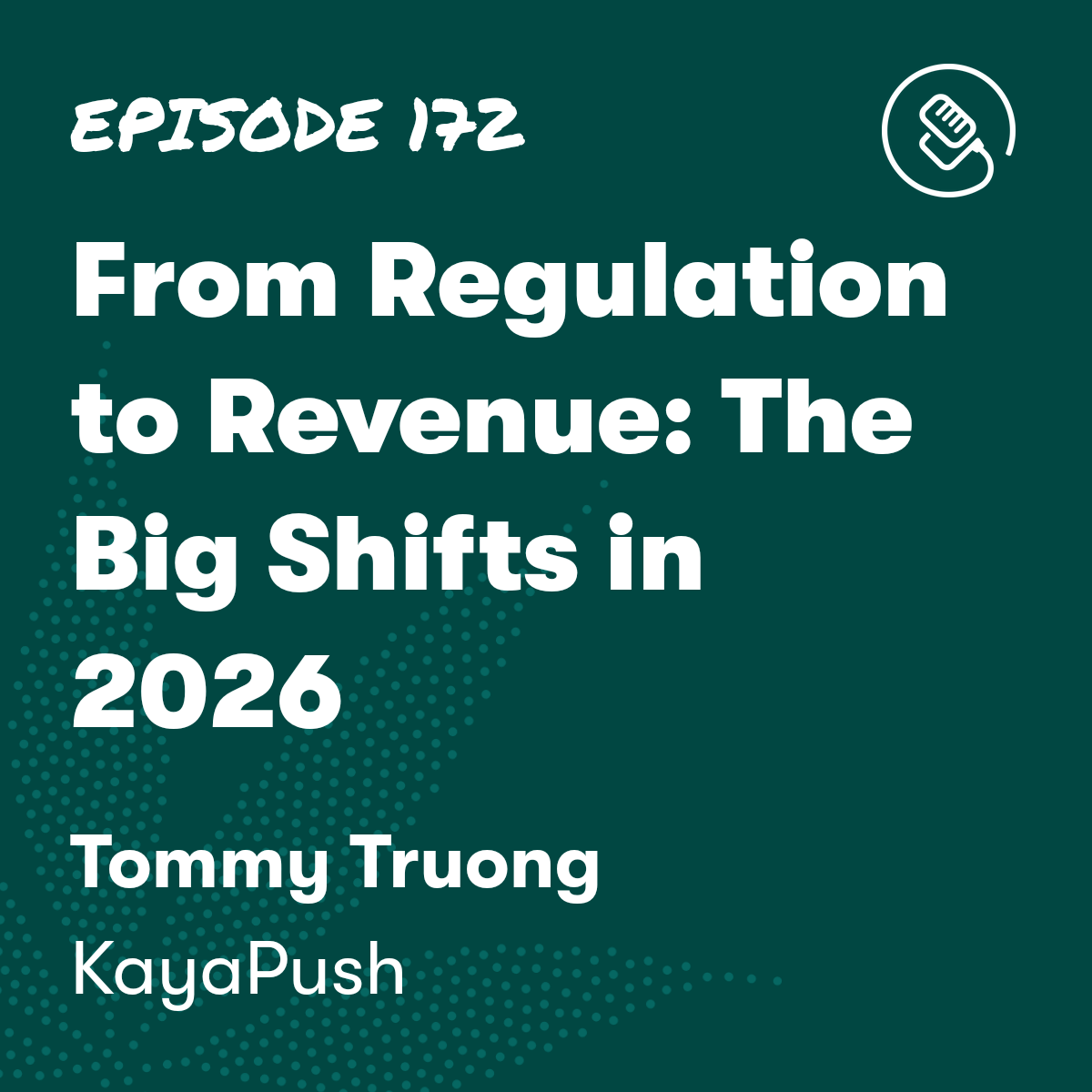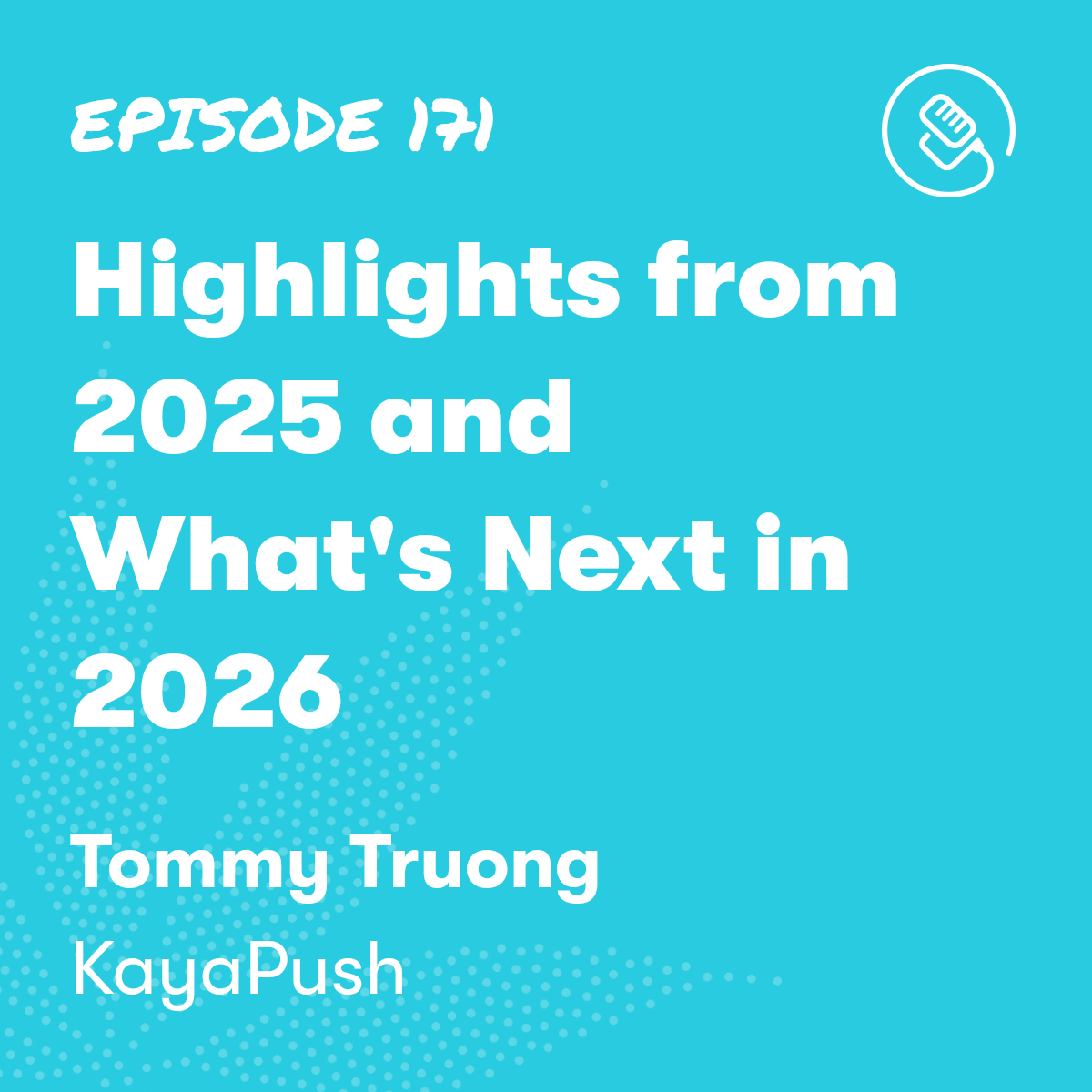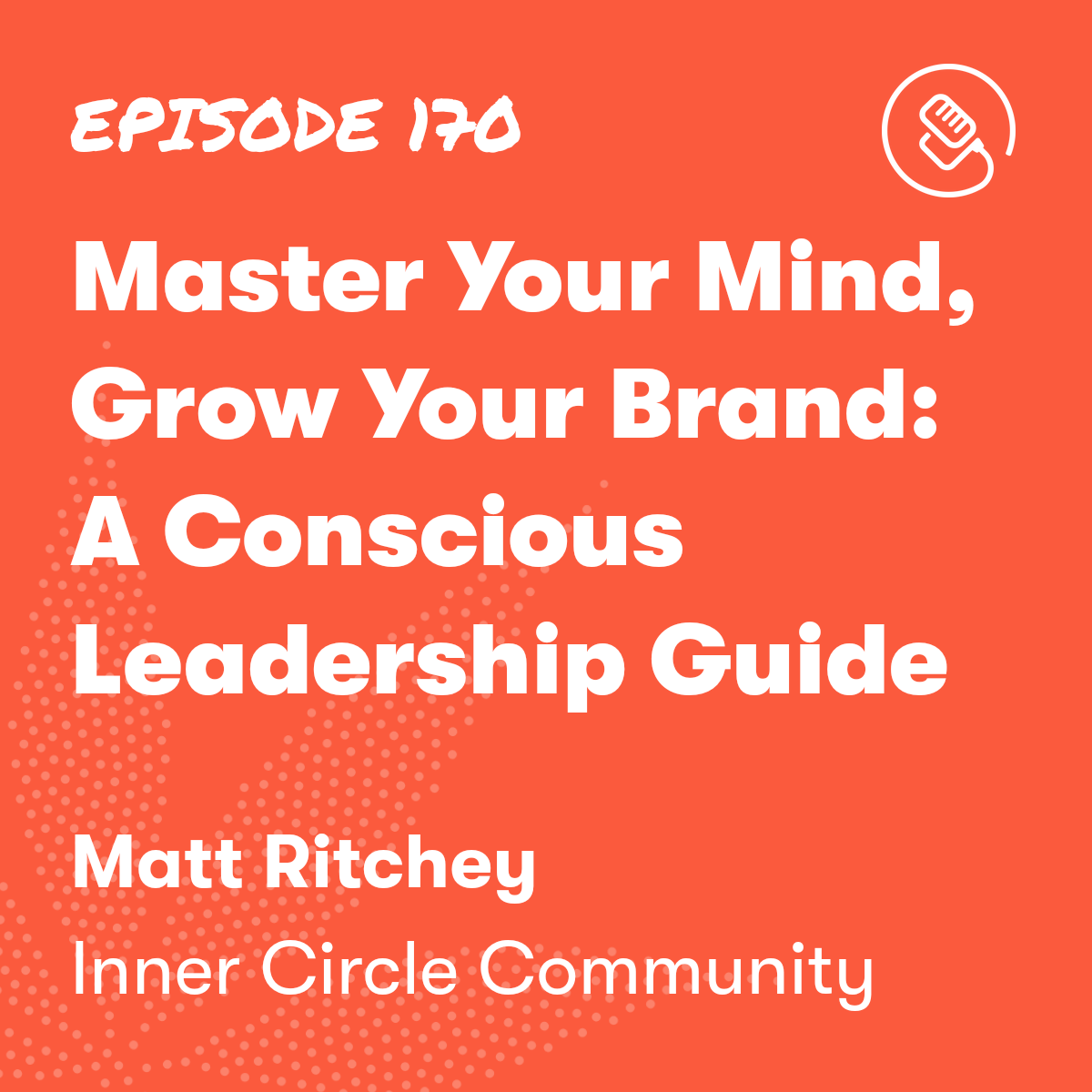

Understanding the Impact of Federal Legalization on Small Businesses
Episode Description

Episode Transcript
Jim Makoso: Be practical about business. Just because the cannabis industry is growing and all these opportunities and it's very, it's still very much in its infancy. Doesn't mean that all the standard business rules don't apply. Most businesses fail in every industry. No different in cannabis. And in order to have a good business, you need to really plan it out and have enough capital to make it to whatever that first or second or third goal is.
Tom Mulhern: Welcome back to the Kaya Cast podcast. Before we start the show, I have a really exciting teaser that I'm gonna tease you with, and that is that Kaya Push is giving away a whole year of our software to one lucky dispensary. That's right for 420 to celebrate, you know, the national holiday for us stoners out there, we are giving away a whole year's subscription to Kaya Push.
Now, I can't give away all the details just yet, but keep an eye on our LinkedIn page, our Facebook page, our Instagram page to find out more details on how you can be entered in this giveaway. Who doesn't love free stuff and even better, who doesn't love free stuff for their dispensary, that's gonna save them time, save them money.
So stay tuned. We'll have more details on the podcast and you know, we can't wait for 420. Same as you on the show today though, I have a conversation with Jim Makoso. I interviewed Jim at MJBizCon, and jim is the CEO of Flow Technology, which is a part of Lucid Labs.
They're at the cutting edge of some of the technology behind edibles and vape technology, and we had a great conversation about what the future of cannabis is going to look like when some of these big consumer brands come into this space when legalization happens and the Coca-Colas and the McDonald's of the world, I can't think of a better, combination than, you know, infused Big Max.
Uh, when those things, when those companies start getting into cannabis, how is that gonna impact smaller businesses and how can smaller. Cannabis businesses prepare for that. So we talk about that. We talk about the regulatory framework that's involved in legalization and the ramifications for that. Jim also is really involved in social equity, and so we talk about what needs to change in the cannabis industry for people of color.
And you know, Jim's passionate about this. I'm passionate about this and it's so cool to highlight this voice as much as we can that we need to create a fair. Equitable industry, and that starts with a lot of these things that are happening through social equity programs like Jim's doing in Washington.
So let's jump right into this conversation with Jim.
Tom Mulhern: Jim Makoso has spent the last eight years as an active executive in the cannabis industry. He's the CEO of Flowe Technology and managing director of Lucid Brands.
A state licensed cannabis processing company. Jim is also the director of Northwest Labs, a Washington state approved licensed cannabis research organization. All of Jim's corporate ventures focus on the science and technology associated with processing cannabis into cannabinoid infused derivative products.
Jim also serves as the co-chair of the social equity and cannabis Task force work group formed under the Govener's interagency Council and Health Disparities. Jim believes in participating in thought leadership as a function of his development as a professional in the cannabis industry. It's a long intro there.
That's a mouthful. And there you go. Well, Jim, thank you for joining us here on the podcast. It's great to have you
Jim Makoso: here.
Thanks for having me.
Tom Mulhern: Tell me a bit about your background and how did you end up in cannabis?
Jim Makoso: I've always been since my senior year in high school, a cannabis enthusiast, I guess you would call it. for me as an athlete, it wasn't really something that I imbibed with until my senior year, after my football season was over. I've always kind of been a little high strung and, couple friends of mine told me that I should try cannabis.
And I did. And as it turns out, for me, it's been something that's been a part of my life since then. It probably was in college where a couple of my friends that were focused in the science track would share papers related to cannabidiol specifically treating certain illnesses, particularly things like, epilepsy and the, like.
They were already looking at it. Antis, spasmatic treatment protocols. And that was, that was back in the early two thousands, right? Yeah, 2003, 2004. And just seeing those published papers, it really got me always kind of intrigued in cannabis as a solution. But it really wasn't until I moved out to Washington in early 2014 that I got involved in the industry in a more meaningful way, investing in a couple companies and participating in, in a couple of them at the operational level.
I've been in Washington participating ever since.
Tom Mulhern: So do you have a background then in science and technology? Is that where, what you went to school for?
Jim Makoso: No, I went to school for economics and business. My background is investment banking. Okay. I was a finance guy in New York for some years and did all right for myself.
Moved to Miami, didn't do very much down there except fordo whatever people do in Miami. Have, have fun. Anda few years living down there, a friend of mine called me who lived in Washington. I went to high school with him, but he was living in Washington. Writing for a paper called the Northwest Leaf, reviewing cannabis Products for a living.
And he was a part of this new startup specifically in vaporizer technology. That was in 2013. And at that time, e-cigs were really starting to take center stage. And he sent me a vape product. And once I saw what it was he convinced me to, come visit the West coast, come see what's going on.
And that really started my interest. adult use cannabis, at the end of 2013, adult use cannabis rules were being made for Colorado and Washington. And, and so once I really looked at the business case, not the stoner case for it, , the, my, my business kind of mindset kicked in. I did someanalytical work, which is what I did on the investment banking side.
I did some analytical work until what was going on at that time, OPEN was the big company already selling vapes outta Colorado and many other markets, including Washington. for, for me, that's how I got in the industry. Looking at vapes, my friend sending me a vape, learning a little bit about extraction, and really seeing at that time in 2013, what I thought the future of cannabis was going to be.
Tom Mulhern: So now you are the CEO of Flowe Technology, correct? So what exactly does Flowe Technology do?
Jim Makoso: Flowe Technology is, a company that we started as an offshoot of our main company. Okay. So we, our main company, the company that most people know, me and my business partner for in this industry is called Lucid Lab Group.
And underneath that umbrella we had for our time a vaporizer brand called Lucid Oils, where we sold cannabis vaporizers in Washington here in Nevada. With cannabis derived terpenes. Into vape carts. And, using our own vape cart technology because that's the company we started was a vape cart technology company, hardware only.
Underneath that Lucid Oils brand, we used equipment, distillation equipment. And that's kind of where the Lucid Lab group came into play. We started designing our own equipment, selling that equipment that was much more profitable for us the capital equipment side than. Vaporizers and, as a result we got to meet lots of people doing installations in their facilities and, got much more involved in technology.
My business partner's an engineer. And so as we began to develop more and more technology this was in 2015 when we really started to become pretty popular with our products. then we just started becoming interested in everything. You know what? Specifically is the technologies, not only the capital equipment, but the processes used to take cannabinoids out of the plant and put it into whatever derivative products from vapes to edibles, which is really where we're focused the most right now.
Edibles, food and beverage specifically. Yeah. And Flowe Technology in the early stages of covid was really just our research that we were doing. Specifically focusing on, Hey, where are we gonna focus our energy on the technology side? And, we've always been doing research, but this was the first time we, we thought with our chief science officer, Hey, let's spin this specific business unit out.
And that business unit Flowe Technology, really the focus is looking at emultion technologies, nano technologies, particle development, specifically related. Consumer packaged goods. And specifically food and beverage. And so we rolled out Flowe Technology and that's, that's the goal with that company.
Tom Mulhern: What are some of the break breakthroughs that you've seen in that infusion technology? Cuz you've been in this for now quite a while, what are some of the breakthroughs that you've seen? Like, what are some of the changes in the technology, in the processing even? I'm, I'm curious about the taking the cannabinoids and terpenes out of the plant.
Like I, it reminds. Taking like the caffeine out of coffee, you know, and making decaffeinated coffee. So what are the newest breakthroughs that you've seen over your years of experience?
Jim Makoso: I mean, that's, that's a really good analogy. And you see this with every industry where there's a compound people are interested in.
Functional ingredients in general is a huge push in health, food products as we become more health conscious, people are looking for products that don't only have one solution, specifically in food and beverage. Mm-hmm. , they're looking for functional products, which is why, kombucha is a big push now.
Yerba Mate is a big push. So people are looking for the things that we consume to have some type of function and all of those types of functional ingredient. , many of them come from some type of botanical that gets extracted, purified in some way, and then reintroduced into a food or beverage product.
Cannabinoids are no different. The only difference is now it's becoming mainstream and what once people thought was just something that hippies did smoke a little weed to get high. Now people are realizing. that there are other functional benefits to cannabinoids.
There are many cannabinoids as well as other functional ingredients compounds inside of the plant. And as we continue to understand a little bit more about the plant, we're unlocking those.
I think a lot of what you're seeing now is people applying the same types of technologies that are being used for other functional ingredients to cannabis.
Finding more ways to extract what we want, which we don't even know what that is yet. for a while we thought it was just THC and cbd. There's a wealth of compounds in the plant, and not only the compounds that are common like cannabinoids, but the terpenes, the flavonoids, other compounds that are in there that are useful.
And that's why you're seeing kind of the shift, I would say, at a macro level from isolated cannabinoids toformulations that include multiple cannabinoids and multiple terpenes or flavonoids in the profiles to try to get at more is what a, a therapeutic approach to creating products.
Tom Mulhern: What happens when legalization is passed? M&M, Mars, Coca-Cola starts bringing this influx of these large companies. Do you think that's gonna change, do you think? Do you see that like infused Doritos happening anytime soon, or anything along those lines?
Jim Makoso: I think if you go to California, some of those types of things are already happening, albeitmaybe more legacy driven product. in general, the, the large CPG companies are already circling and some of the biggest ones, primarily beverage companies, have already made big investments in Canada, where, cannabis is already federally legal.
Here in the states, I think the really big CPG companies are looking closely. I mean, as an example Nestle, they already have an agreement to distribute CBD based products into Europe through the medical program that that exists in Europe. there are already companies that are looking at large CPG companies that are looking at what's happening closely.
If you are a company that does billions of dollars a year in revenue, selling potato chips and drinks and whatever else, you're probably watching, but certainly not gonna put your business at risk for something that's federally illegal,
everyone's kind of watching it, but how does one prepare? That's the question.
Tom Mulhern: Well, that is the question. So how does a company prepare whether they're. Some of that, the consumer goods or their, an ancillary or whatever. What, what's the best way to start preparing for legalization?
Jim Makoso: One of the things that I always encourage anyone who plans on being in this industry or any other for the long haul is you gotta look at the regulatory framework for which you're operating under Yes. Cannabis adult.
Let's call it high THC. Cannabis is federally illegal. But there is regulatory frameworks in place already at the federal level for non-high, high THC under the farm bill. If you have less than some percentage of THC in your product, you can sell that product in a multitude of form factors.
And that's still up for debate. Is it food? Is it not food? So what I would recommend to anyone who's looking to enter this industry or is in this industry already certainly is be aware of the handful of pieces of legislation that are already circling at the federal level and really see what those key talking points are.
the ones that are at kind of the epicenter of the conversation in Congress are any of the leg pieces of legislation that have to do with specifically, social equity. Or let's say reparative justice. Even President Biden came out a few weeks ago talking about, the Department of Justice looking at vacating certain cannabis possession related crimes.
And then certainly also other pieces of legislation that address research, really studying the plant, understanding how it works. Public health, obviously at the federal end state level is always gonna be topic of conversation when it comes to compounds that we don't know much about, but that seem to be widely already accept ed in the public domain.
I just encourage people to look at the regulatory framework that exists, look at the pieces of regulation that are already out there and, start to understand what the conversation is around this plant.
Tom Mulhern: So what are the concerns then with federal legalization?
Like I, in my head, I think of, oh, it's legal, it's good. I can, go into anywhere. But what are some of those concerns for businesses?
Jim Makoso: Well, probably the big one is, you know, anything that's food related. In this country, at the federal level falls under the Food and Drug Administration.
once the FDA gets involved, it changes the question entirely, right? Because cannabinoids in and of themselves, Don't necessarily have nutritional value.
Now you could argue that lots of foods and beverages that are out there right now have no nutritional value. But that's a separate debate.
I think in general, what you'll probably see happen first ispieces of legislation like safe banking. Those will kind of take the lead because they're, they have bipartisan support and at at least it'll start to provide some level of comfort to the industry That, all right, the federal government, not only is they, are they looking at this, but they're at least starting to incorporate the biggest component, the biggest concern for cannabis, which is a regular banking.
Simple things like getting a loan and, and, and, being able to use a bank and not have to worry about getting shut down because you, you happen to be in this part of the industry.
So, There are many things that are gonna complicate federal legalization, but certainly it appears that the federal government is really starting to look at this seriously.
And a lot of that has to do with multiple states now having adult use programs. the majority of our country has voted to have some type of adult use cannabis program. And as a legislator you can't look, look away from that.
What do you see as the timeline? obviously our governments work so slow. This is such a heated issue, but if you had a crystal ball and you could see that timeline, what do you, what do you propose? What do you think?
I don't, we don't pretend to know that.
And what we are doing is planning as if it could happen in the next couple years. I think it's gonna take much longer than that. And it's really because, even in smaller in smaller governing municipalities, like for instance a state, It takes so long, not only to pass a program, but then to create the rules on how that program is going to work.
And because this is so contentious and because, Congress is basically practically split down the middle, it's gonna be very difficult to get any real movement on, some of the more contentious components of cannabis legislation, reparative justice, social equity, things like that.
Those will be a little bit easier. Safe banking, those are easier, but if you try to put it all in one big bill, what some of these larger pieces of legislation are trying to do, it's gonna be quite difficult.
The flip side of that is, and this is just my personal opinion, I don't think that federal legalization is going to be beneficial for the small business in the short term. Long term for sure. I think federal legalization is just good in general.when you think about how a plant being illegal in the war on drugs has led to, kind of this marginalization and harm cause to specifically black and brown communities, of course descheduling cannabis and the reparative justice component of what is being talked about in Congress, that's gonna be beneficial to humanity, society in general here in the west, here in America.
But for the small business owner, if it were to happen overnight, the really big companies have a leg up. They got the capital, they have access to more capital, they're already operating on thin margins, and they can just swallow you if you, you'll either be good enough to get bought out or you'll be too small and you're gonna get squeezed out.
In the short term, I don't think federal legalization is good for the small business. But certainly for all those other things we discussed, I think it'd be great.
Tom Mulhern: I wanna go back to some of that reparative justice, social equity. You are the co-chair of social equity in the cannabis task force in Washington.
So tell me a bit about your work in that. I know, for me, as someone who's newer to the industry, like the social equity side, I, I find it so amazing that as an industry, they're trying to right the wrongs that happened to black and brown communities. So talk about your work in social equity.
Jim Makoso: a couple years ago I joined this task force, the social equity and cannabis task force, purely as just a community member. I'd attend the meeting. When they had a public comment period, I'd say something. And then I joined a work group technical assistance and mentorship work group where we talked about how grant program could help provide the assistance to social equity applicants in Washington state, specifically for cannabis licenses.
Then I became a member and then, eventually a co-chair with somebody I really respect, Senator Saldaña, who's been working on social equity issues for her whole political career and workers' rights and, and things like that. The real goal for the task force is to provide some form of awareness to the legislator, to the governor's office, to our regulatory agencies for cannabis in Washington and, and really for the community at large.
Some sort of awareness of not only the harms that the war on drugs. But also how we as a state in Washington, and certainly as a, an industry, the cannabis industry in Washington could help to right some of the wrongs that were propagated by the war on drugs, specifically how cannabis was used to harm these communities, black and brown communities specifically.
We found some data and we're showing it in our report of how that harm was disproportionately applied to certain communities. the goal for us is to kind of right that by providing licenses, some supportgrants, programs, loan programs. And, and really our legislative mandate is make a report, have these conversations and make sure people are aware.
And then what the legislator, the governor's office and the regulatory agency, the Liquor and Cannabis Board in Washington do about it is ultimately, Yet to be seen. But some of the work we've done over the last couple years have already made it into bills, some that haven't had success, one bill that made it through, but it's, it's definitely taken center stage in, in Washington.
ultimately the work that we're doing is just a small component of trying to address systemic harms that were caused by the war on drugs specifically with cannabis, but as well as otherother policies. That were instituted to, marginalize certain communities and our work there is just to shine light on that and try to at least get the conversation going at the legislator.
Tom Mulhern: Do you see a bright future for, for that community?
Jim Makoso: Yes. I see a bright future, but one thing that I've learned, and I'm not a politician, but I've learned this just over the last couple years of being involved in this work, is thatit takes time. You can't fix a multi-generational problem.
In one or two legislative cycles. What you can do is start the conversation and start to change the conversation around what reparative justice actually means, and specifically in my context, what that means in the context of cannabis. from a number standpoint, as an industry, we do about a billion and a half dollars in total revenue every year. And of that, because we have some of the highest taxes in the country for adult use cannabis, about half a billion dollars goes directly to the state. And that capital is then distributed through a number of programs with zero of dollars of it going back into the industry in any way.
I've come to the realization that nothing happens overnight, but if you can be the spark. It's always worth it to do the work, even if you're just moving the line, you know, just a little one inch, but let's start moving that line cuz inches add up to meters to yards, you know, to miles over long periods of time.
Tom Mulhern: Are there intentional things that we can do that will help speed things up? Let's move it, let's move things a little faster.
Jim Makoso: Just recognizing that there are these issues. That's part of it, being, being willfully ignorant about what's happening in our world. It's, it's, it's easy to do that.
I was guilty of that for a period of time where I'm just focused on my business. I don't have time for that. I don't have time to go and volunteer and show up for these meetings and debate and all these types of, write a report. Like I don't have time for that.
But you make time for the things that are important, especially where you can have an impact. two people that really told me to get involved, they're like, yeah, you don't have time, but you have a voice that you can use. And if you're not using. it, it, it's a waste, right? Yeah.
It's a waste of position. It's a waste. So the first thing is recognizing it and doing what you can. But some of the practical things that some businesses in Washington are doing already is being involved in some grassroots organizations that support communities. simple things like educational programs simple things like supporting a small business that might be owned by a person of colour.
But there are practical things that people can do all the time to be a part of the solution instead of being part of the problem,
Tom Mulhern: What's one of the most exciting things you. In the food and beverage and edible sphere when it comes to cannabis?
For me, what gets me excited in the food and beverage space in the cannabis industry, Seeing at least the companies that are very forward thinking move away from focusing on just a THC product. By and large, THC products are what dominate this industry because people historically want to get high.
Jim Makoso: That's why we exist as an industry, is people wanted to get high. If there was no THC in the cannabis plant, more than likelywe wouldn't be having this conversation. The products would've been on the shelf for history, as long as we've been around, it'd be rope. We just use it for hemp. The hemp rope, that's all we're talking about.
You know,there there'd be some CBD out there, but it would be like all these other functional ingredients because THC gets people high is why we have an industry. Yeah, because that is what makes the most money right now, what gets me excited when I look through industry, both on a capital equipment and on a product front, is seeing companies that are starting to focus on the other cannabinoids that are in the plant and seeing manufacturing capital equipment manufacturers start to focus on automation of extraction.
Companies that learn how to use those pieces of equipment to now expand their product line beyond just THC and certainly with Flowe technologies, the focus of ours is looking at not only the other cannabinoids, but looking at the, call it therapeutic approach for the lack of a better term, using data and science to determine not only what products we wanna produce, but what's the best extraction method to get at the compounds that we want.
Tom Mulhern: Okay. One last question. As a business owner, what is like a tip or some advice that you could give to not just dispensaries, but businesses that are looking to grow? Like you've been able to grow and scale some pretty successful businesses. So what's your secret sauce? What's your, what's your tip that you would give away?
Jim Makoso: Be practical about business. Just because the cannabis industry is growing and all these opportunities and it's very, it's still very much in its infancy. Doesn't mean that all the standard business rules don't apply. Most businesses fail in every industry. No different in cannabis. And in order to have a good business, you need to really plan it out and have enough capital to make it to whatever that first or second or third goal is.
So for me, the advice I would give if you're planning on getting in this industry, or let's say you're a small company that's looking to grow to a medium size or a larger company make a really good plan. Make sure you have a great team and make sure you have enough capital to execute.
Knowing that on average you or someone like you is going to fail. So just be practical. I mean, The reason why we've had so much longevity iswe've been nimble. In places where we failed, we've cut our losses pretty quick and kept it moving. For us, probably unlike a lot of other companies, I don't want to be, we don't want to be a 500 person thousand person company.
We're a lean, mean machine. We work with great partners and we leverage the skillsets, the expertise, the resources of our partners to make us be bigger than maybe lots of people think we are.
Tom Mulhern: And how can people. Find out more about what you're doing, whether it's the social equity side or Flowe Technology or lucid brands or the lucid brands.
How can people connect with you? Yeah,
Jim Makoso: Just hit me up via email. That's the easiest. jim@flowetech.com. I'm always accessible, always happy to talk. Always happy to help specifically my people or any other people who are interested in getting this, getting in this industry.
Sometimes it just takes somebody to give you a practical, real conversation about the fact that it's hard work, it's grit and a lot of luck. That separates maybe some of the companies that make it from the companies that, that don't. And I've seen lots of well-financed companies that failed and I saw lots of companies that just scraped and borrowed and, hustled their way to, at least self-sustaining success. For us, it's always about doing the best that we can with the resources that we have, putting out the best products and us feeling very confident that we did the best we could. And that's what we'll continue to do as we uh,trail blaze our way through this industry.
Tom Mulhern: Jim, thank you so much for being on the podcast. Hey, I hope you have a good rest of the conference. I know you're ready to get back to the Pacific Northwest where it's not so dry, and dusty. But yeah, I really appreciate you taking this time.
Jim Makoso: Hey, thanks so much. All
Tom Mulhern: I want to thank Jim for his, his candor and his honesty about what federal legalization, the impact it would have on small businesses, cuz we are always talking about, one day when it's legal, what's it gonna look like? And Jim really paints the reality of what that will mean for small businesses and how can your business stand out.
So Jim, thank you for this conversation. Make sure if you're a dispensary owner to go check out his website, see some of the products, they're producing. We have all the links in the bio for you to check out more information about Jim Makoso, Lucid Labs, Flowe Technology, all of that. So thanks again Jim for our conversation.
And like I hinted at the beginning, we are giving away a free year of Kaya Push. So all you have to do to enter is check out our social media feed and there'll be more details coming soon. So make sure you keep an eye on that because hey, 420's coming up. We wanna celebrate that, we wanna celebrate our listeners.
So thanks again for listening to the Kaya Cast podcast.
